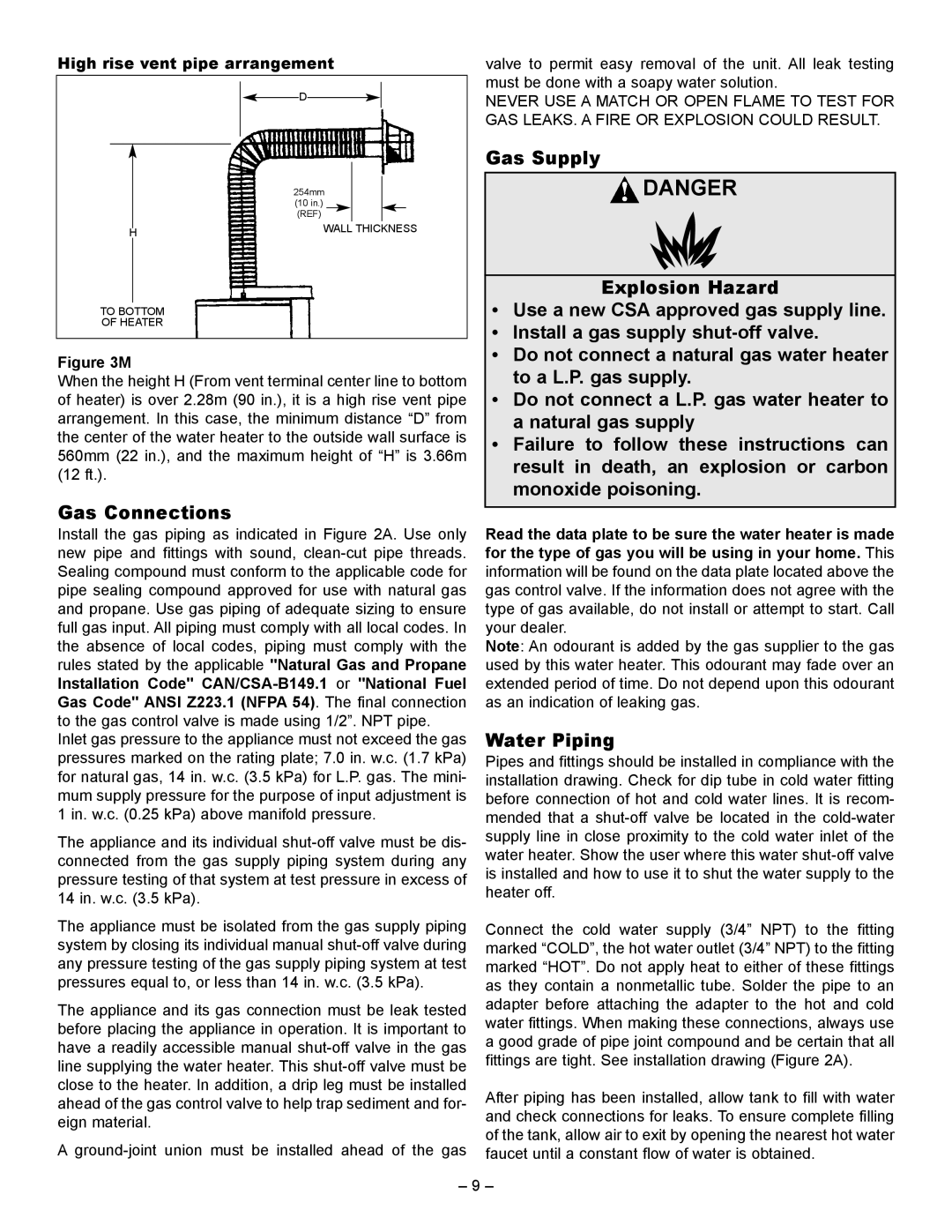61009 REV. C (09-03) specifications
The GSW 61009 REV. C (09-03) is a prominent model within the realm of electrical distribution and protection equipment, specifically engineered to deliver reliable performance in various industrial applications. This device is particularly tailored for low-voltage electrical networks, ensuring safety, efficiency, and longevity in operations.One of the main features of the GSW 61009 REV. C is its advanced circuit protection capabilities. Equipped with residual current devices (RCDs), it is designed to prevent electric shocks and electrical fires, enhancing overall safety standards in any installation. The device also incorporates circuit breakers that automatically disconnect electrical circuits during overloads or short circuits, preventing potential equipment damage and safeguarding personnel.
The GSW 61009 REV. C also exhibits exceptional thermal and mechanical stability, attributed to its high-quality materials and robust engineering. It is built to withstand harsh operational environments, ensuring reliable functionality even under challenging conditions. This durability is crucial for industries such as manufacturing, construction, and energy sectors, where equipment often faces extreme temperatures and vibrations.
Technologically, the GSW 61009 REV. C is designed with user-friendly features, making installation and maintenance straightforward for technicians. It includes clear labeling and intuitive interfaces for easy operation, which simplifies the process of monitoring and troubleshooting. Furthermore, its modular design allows for easy upgrades and expansions, accommodating evolving electrical needs without the need for a complete system overhaul.
The GSW 61009 REV. C also complies with international safety standards, ensuring that it meets rigorous guidelines for electrical devices. This certification not only reinforces the product’s reliability but also builds trust with end-users aware of safety compliance in electrical installations.
Additionally, energy efficiency is a priority with the GSW 61009 REV. C, as it minimizes power loss during operation, contributing to lower energy costs. This focus on efficiency aligns with global sustainability efforts, positioning the product as a responsible choice for modern electrical applications.
In summary, the GSW 61009 REV. C (09-03) stands out as an essential component in electrical systems, offering optimal protection, durability, and efficiency. Its features and technologies make it a preferred choice for industries requiring robust and reliable electrical distribution solutions. The combination of safety, ease of use, and compliance with standards underscores its importance in safeguarding both people and infrastructure in the electrical landscape.

